
7 tips to eliminate dangerous blood fat

Have you recently discovered that your triglyceride levels are higher than they should be? If so, you may be wondering what triglycerides even are, or perhaps you’ve heard people say they’re more dangerous than high cholesterol. Today, we’re going to break everything down in a simple, practical way—and share seven effective strategies to help you lower your triglycerides, often without needing medication. Stick around, because by the time you get your next blood test, you might be pleasantly surprised by the results.
(This article is inspired by insights from Dr. André Wambier.)
What Exactly Are Triglycerides?
Triglycerides—sometimes spelled triglycerids—are a type of fat that circulates in your bloodstream. They’re actually the most abundant form of fat in your body. Whenever you eat food, any calories that your body doesn’t immediately use for energy are converted into triglycerides and stored in your fat cells. Later on, when you need energy, hormones release these fats so your body can use them as fuel.
Trouble begins when there’s an imbalance: you take in more calories than you burn. Diets high in refined carbohydrates, fried foods, and unhealthy fats can push your triglyceride levels too high. Add a sedentary lifestyle on top, and your numbers can rise even faster.
Key Points to Remember
-
Triglycerides are the most common type of fat in your blood.
-
High levels usually come from consuming more calories—especially refined carbs and unhealthy fats—than your body needs.
-
Healthy triglyceride levels are below 150 mg/dL.
-
Elevated triglycerides contribute to atherosclerosis and increase the risk of heart attack and stroke.
-
Extremely high levels can cause acute pancreatitis, a potentially life-threatening condition.
Understanding Triglyceride Levels
So what counts as a “normal” level? Ideally, your triglycerides should stay below 150 mg/dL. Levels above this mark gradually increase your long-term health risks.
People often ask whether triglycerides and cholesterol are the same thing. The answer is no—they are both lipids, but they behave differently. Triglycerides rise mainly due to excess calorie and sugar intake. Cholesterol levels, however, are influenced more by genetics and liver function. While oxidized LDL cholesterol is harmful to arteries, high triglycerides also contribute to plaque buildup and arterial hardening. In short, both matter, and both can damage your arteries in their own way.
The Risks of High Triglycerides
High triglycerides silently increase your risk of developing atherosclerosis, the dangerous buildup of plaque inside your arteries. Over time, this can lead to serious events like heart attacks and strokes.
But that’s not all—when triglyceride levels get extremely high (typically above 400–500 mg/dL), they can trigger acute pancreatitis, an inflammation of the pancreas that can cause severe abdominal pain, hospitalization, and even become fatal if untreated.
Other Factors That Raise Triglycerides
Diet and inactivity aren’t the only culprits. Several other causes include:
-
Obesity: Excess weight directly drives triglyceride production.
-
Alcohol: Even small amounts can sharply raise levels for some people.
-
Medications: Corticosteroids, certain acne treatments like isotretinoin, and some HIV drugs can increase triglycerides.
-
Health Conditions: Metabolic syndrome, insulin resistance, diabetes, hypothyroidism, kidney disease, and liver conditions can all cause elevated levels.
Seven Effective Tips to Lower Your Triglycerides
Fortunately, lifestyle changes can make a massive difference—sometimes faster than you’d expect. Here are seven powerful strategies:
1. Lose Excess Weight
Shedding even 5–10 kilograms can significantly reduce your triglyceride levels. Weight loss often improves insulin sensitivity, reduces liver fat, enhances sleep quality, and helps your body maintain a healthier calorie balance.
2. Cut Back on Refined Carbohydrates
White bread, pasta, pizza, pastries, white rice, and potatoes break down quickly into glucose. This causes blood sugar spikes and triggers insulin release, encouraging your body to store fat. Over time, this cycle can lead to fatty liver, obesity, pre-diabetes, or diabetes.
3. Choose Healthy Fats Instead of Harmful Ones
Prioritize fats from whole foods:
-
Olive oil
-
Avocados
-
Nuts
-
Fatty fish like salmon, sardines, mackerel, and tuna
These foods are rich in omega-3 fatty acids, which naturally help reduce triglycerides. Meanwhile, limit:
-
Deep-fried foods
-
Trans fats
-
High-fat red meats (ribeye, brisket)
-
Full-fat dairy, ice cream, butter
-
Processed meats like bacon and sausage
4. Increase Your Fiber Intake
Fiber helps control appetite, regulate digestion, and can reduce fat absorption.
-
Soluble fiber (found in oats, fruits, beans, chia seeds) binds to fatty acids.
-
Insoluble fiber supports healthy digestion and stool regularity.
Try adding a couple of tablespoons of chia or flaxseed to yogurt, smoothies, or even water.
5. Avoid Alcohol
Alcohol is calorie-dense and high in sugar. Even moderate drinking can sharply raise triglyceride levels, especially in people who are already sensitive to it. For those with high triglycerides, reducing alcohol—or avoiding it completely—is often necessary.
6. Watch What You Drink
Sugary beverages like sodas, sweetened coffee drinks, flavored teas, and milkshakes may seem harmless, but they deliver large amounts of glucose that your body quickly converts into triglycerides. Water, unsweetened drinks, and herbal teas are much better choices.
7. Exercise Regularly
Physical activity helps your body burn excess calories and improves overall metabolic health. Aim for at least 150 minutes of moderate exercise per week—walking briskly, swimming, cycling, or any activity that gets your heart rate up. Even small habits like taking the stairs or walking during breaks can add up.
When Medication Might Be Necessary
If your triglycerides remain elevated despite lifestyle changes, your doctor may recommend medication. Common options include:
-
Fibrates (fenofibrate, gemfibrozil): very effective but not suitable for people with severe kidney or liver issues.
-
Statins: primarily used for lowering cholesterol but also reduce triglycerides.
-
Fish oil supplements: especially those high in EPA and DHA.
-
Niacin (Vitamin B3): works for some people but may cause side effects and interact with other medications.
Remember, medication doesn’t replace lifestyle improvements—it works alongside them.
Final Thoughts
You have tremendous control over your triglyceride levels. Small, consistent changes in your diet, movement, and daily habits can lead to dramatic improvements in your health. And if your doctor prescribes medication, don’t be discouraged—combine it with healthier habits, and you’ll put yourself on the path to stronger heart health and a more energetic life.
News in the same category

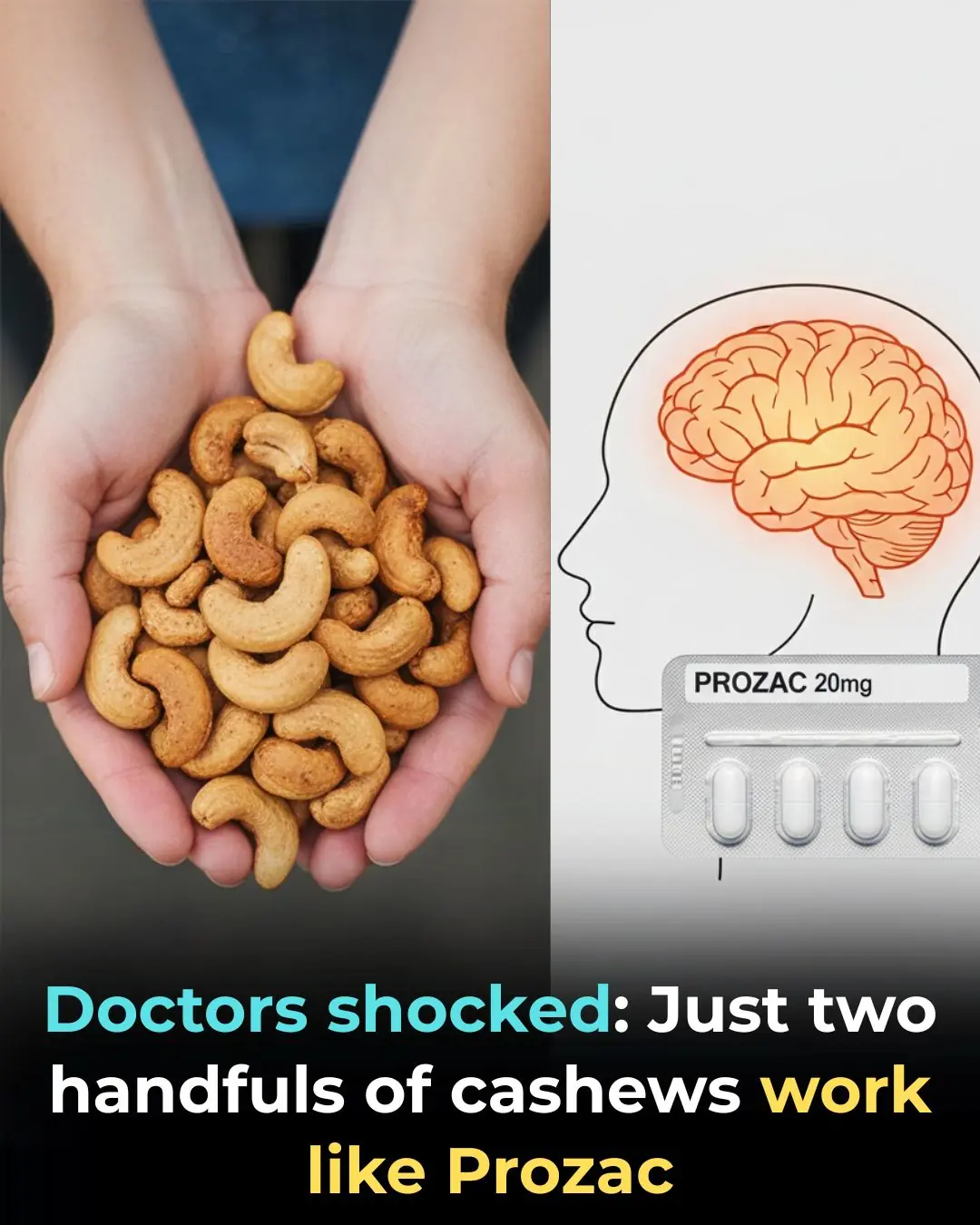
2 Handfuls of Cashews is The Therapeutic Equivalent of a Prescription Dose of Prozac
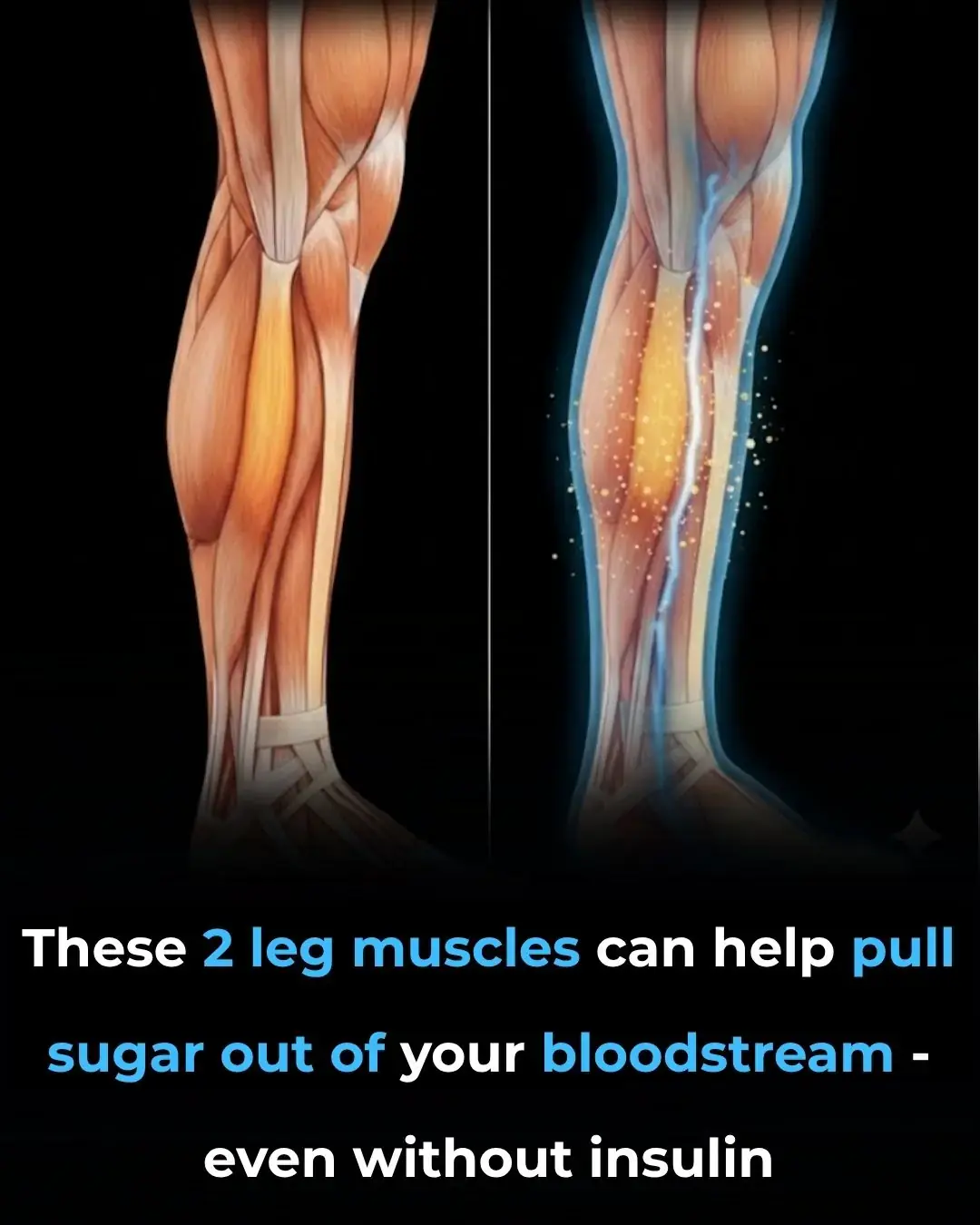
Lower blood sugar naturally by training just 2 leg muscles
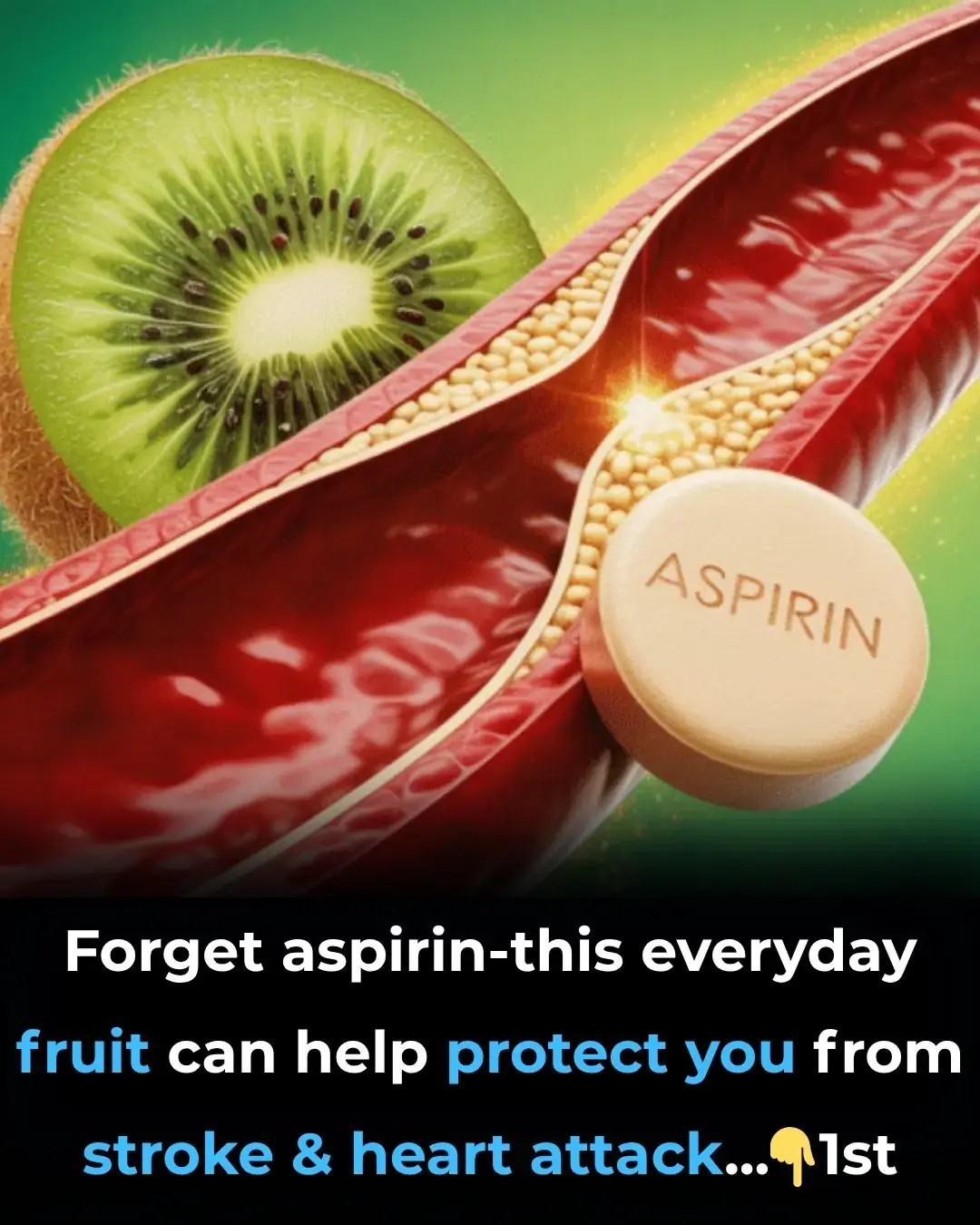
Forget aspirin—this everyday fruit can help protect you from stroke and heart attack

Preventing Stroke At Any Age: 3 “Don’ts” After Meals—And 4 “Don’ts” Before Bed
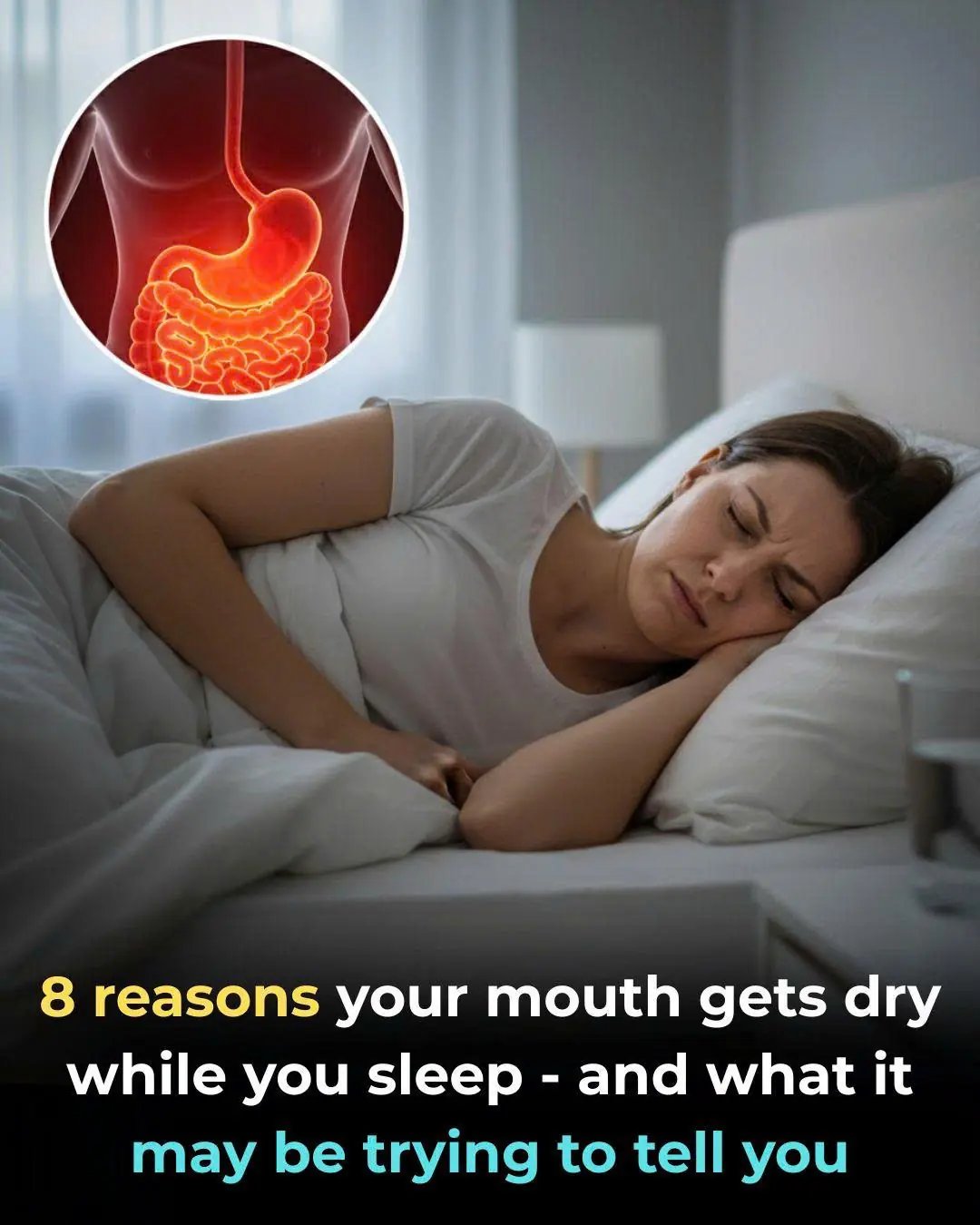
People whose mouths feel dry when sleeping at night need to know these 8 reasons
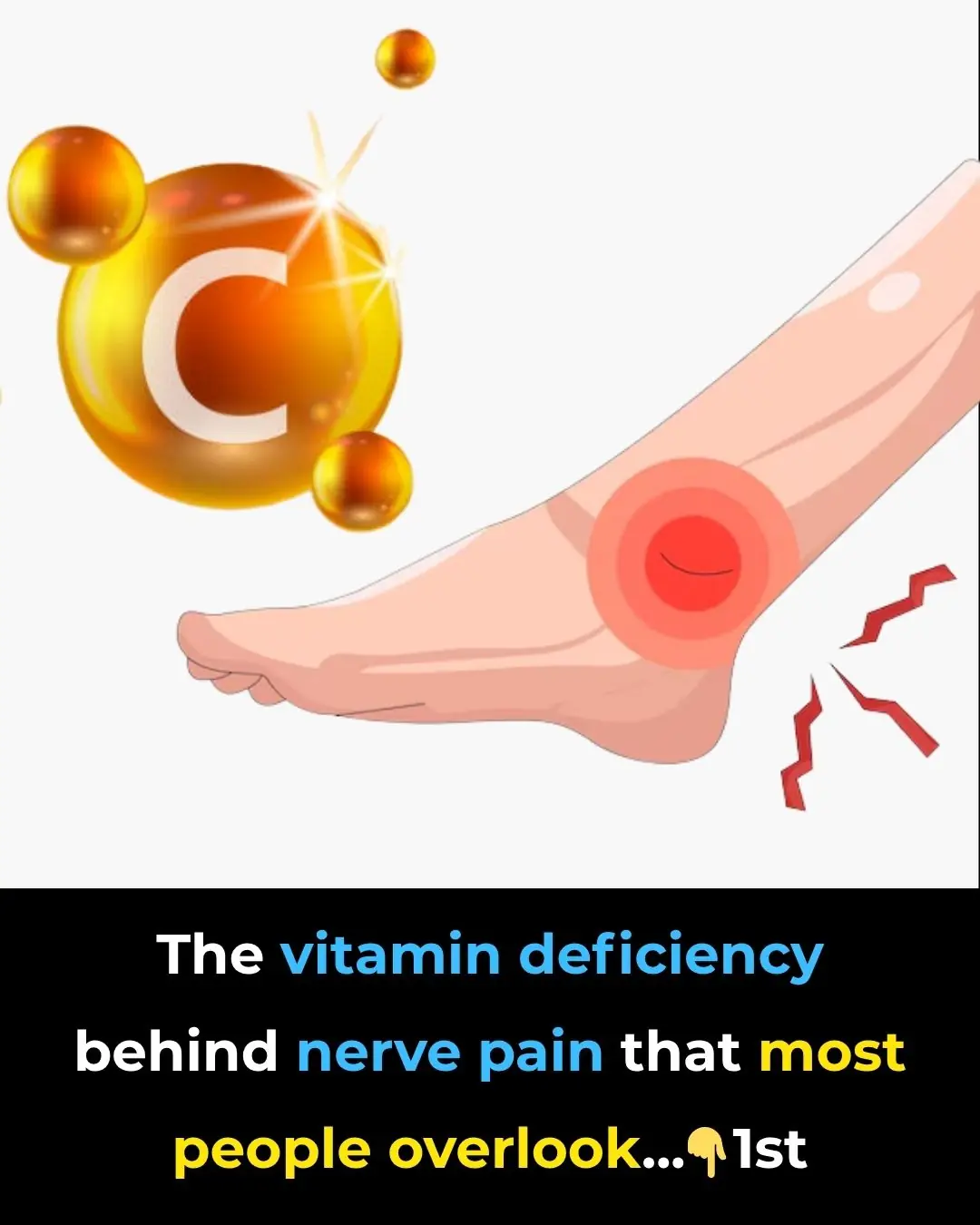
Nerve Pain Relief? The Vitamin Deficiency You Never Suspected!
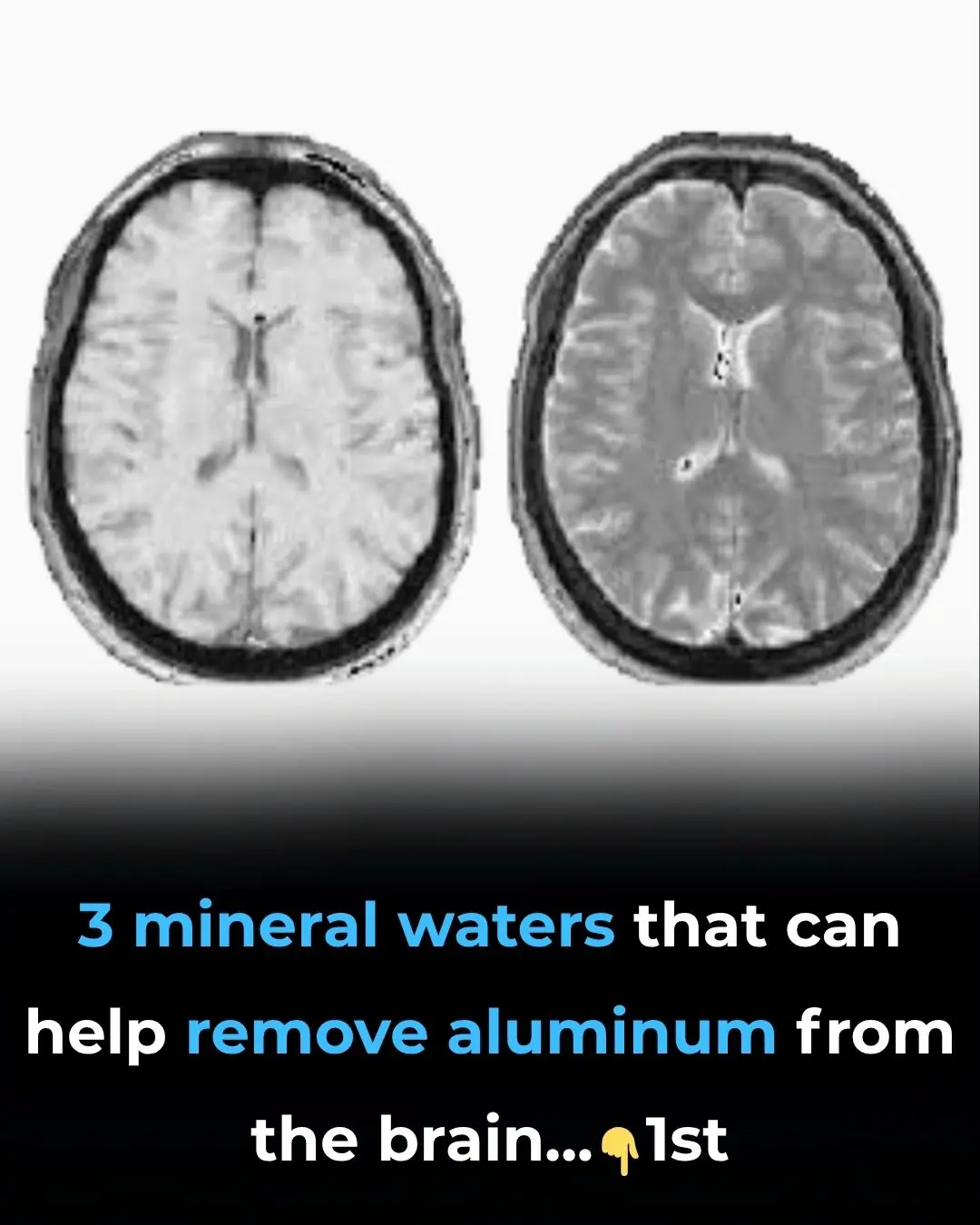
3 Mineral Waters That Can Help Remove Aluminum From The Brain
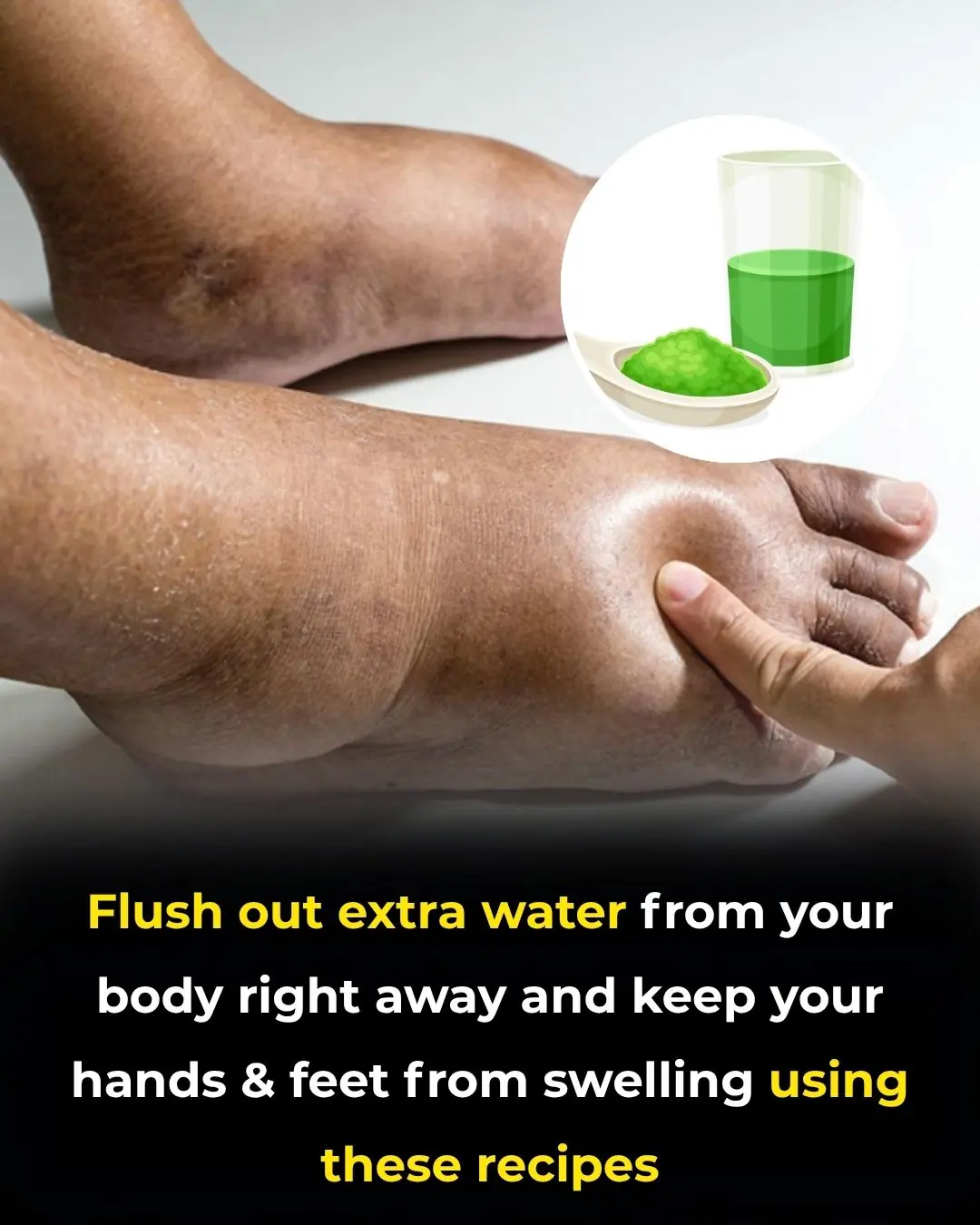
Say Goodbye to Swelling: Natural Ways to Beat Water Retention Fast!
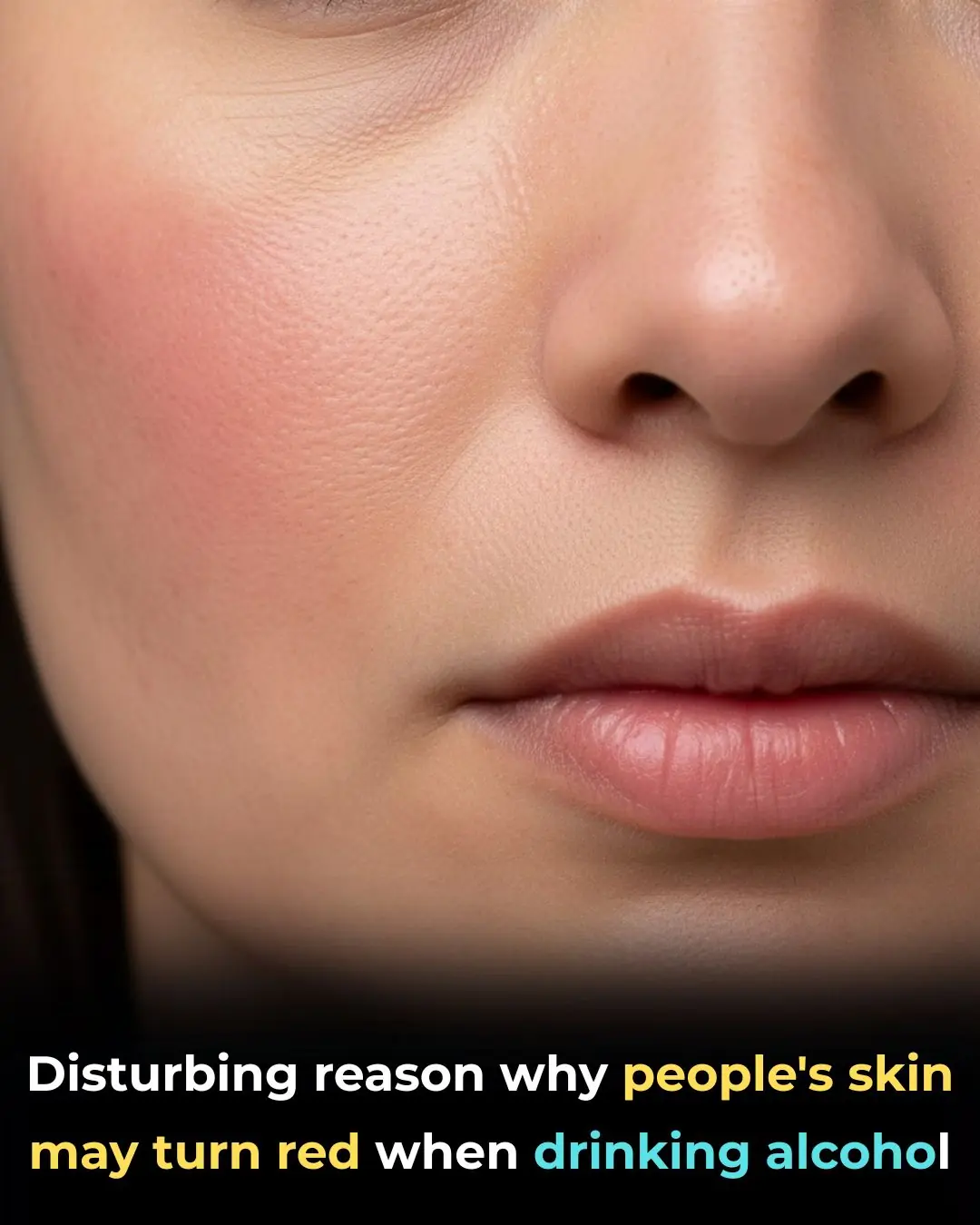
Why Some People’s Skin Turns Red When Drinking Alcohol
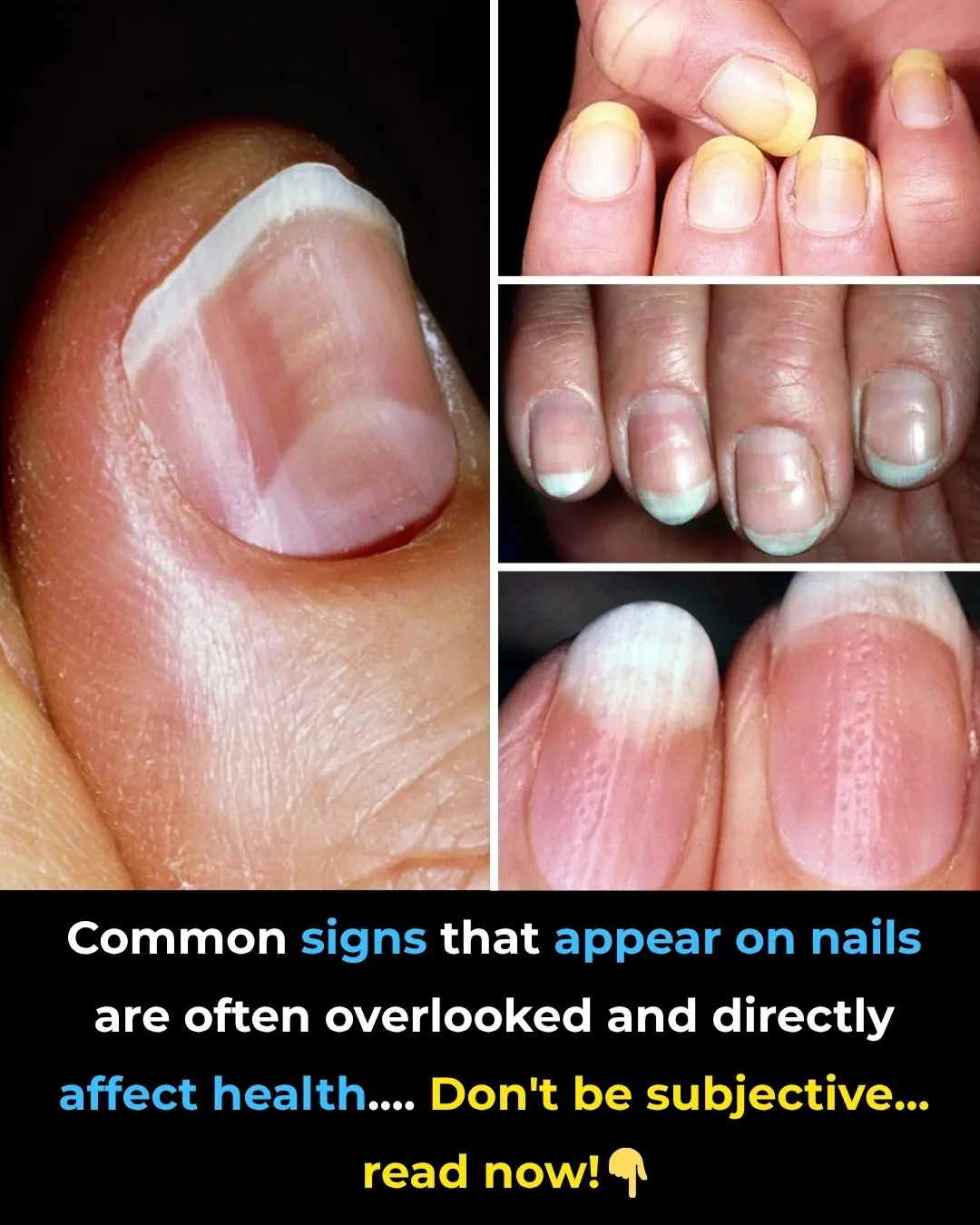
What Your Nails Reveal About Your Health: Hidden Signs You Shouldn’t Ignore

The #1 reason to drink lemon water daily (and the mistakes that ruin it)
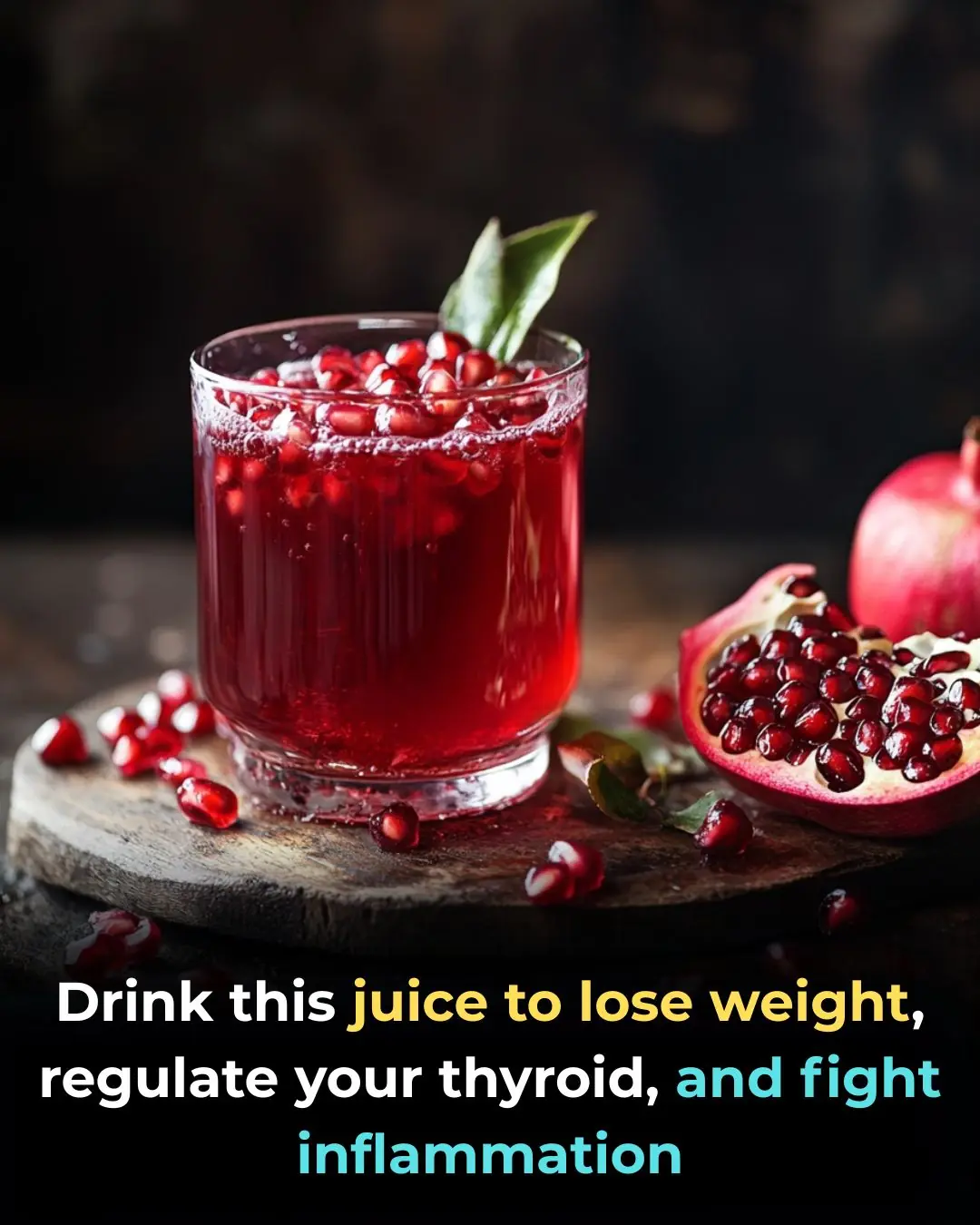
Maintain Your Thyroid in Top Condition with This Juice

Eggs in Pregnancy: How They Can Supercharge Your Baby’s Brain Development

Scientists Achieve Breakthrough in Reversing Human Skin Cell Aging by 30 Years: A New Era for Anti-Aging and Regenerative Medicine

Eating Eggs Weekly May Reduce Alzheimer’s Risk by 47%: What New Research Reveals
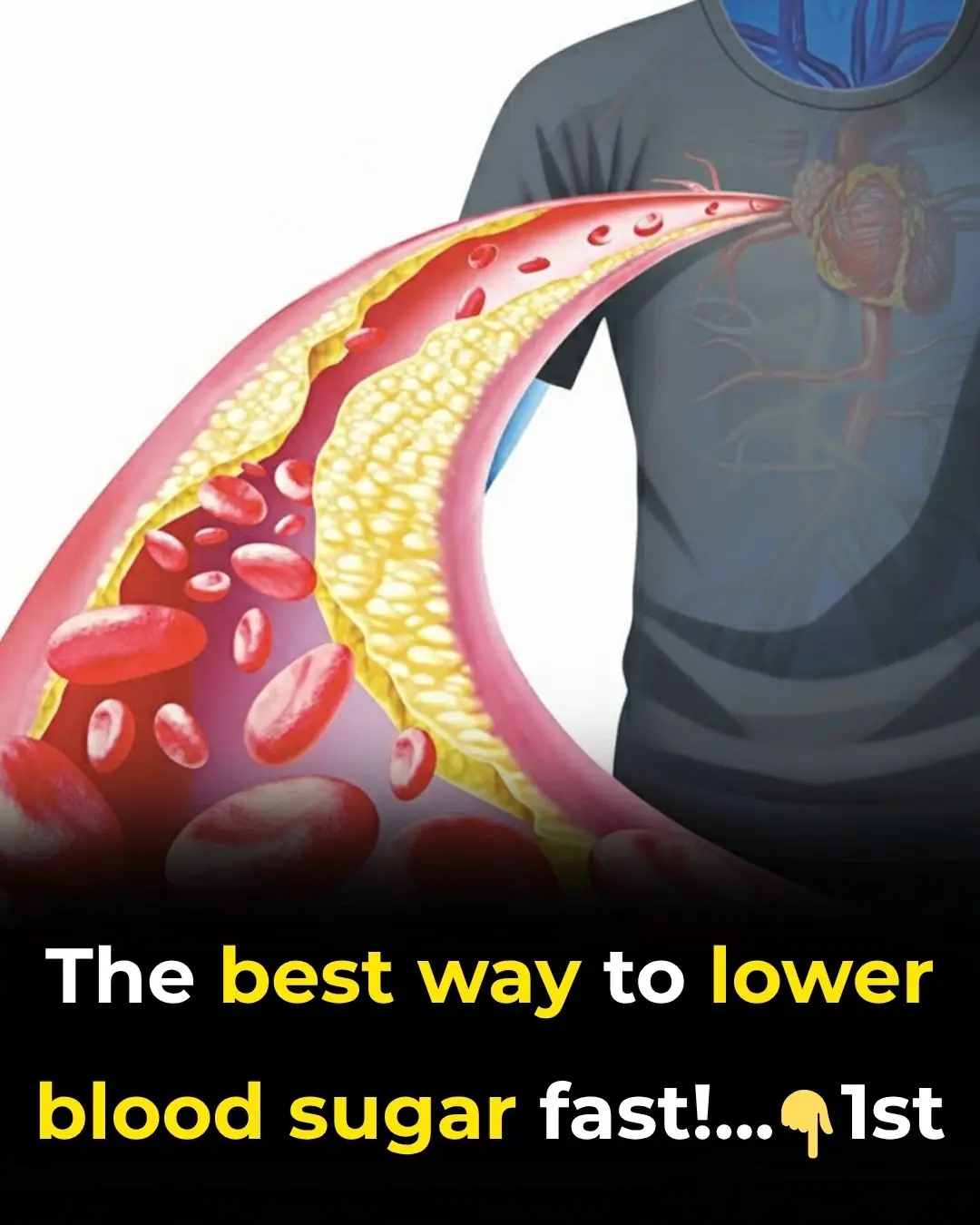
The best way to lower blood sugar fast!

Signs of pancreatic cancer you should never ignore
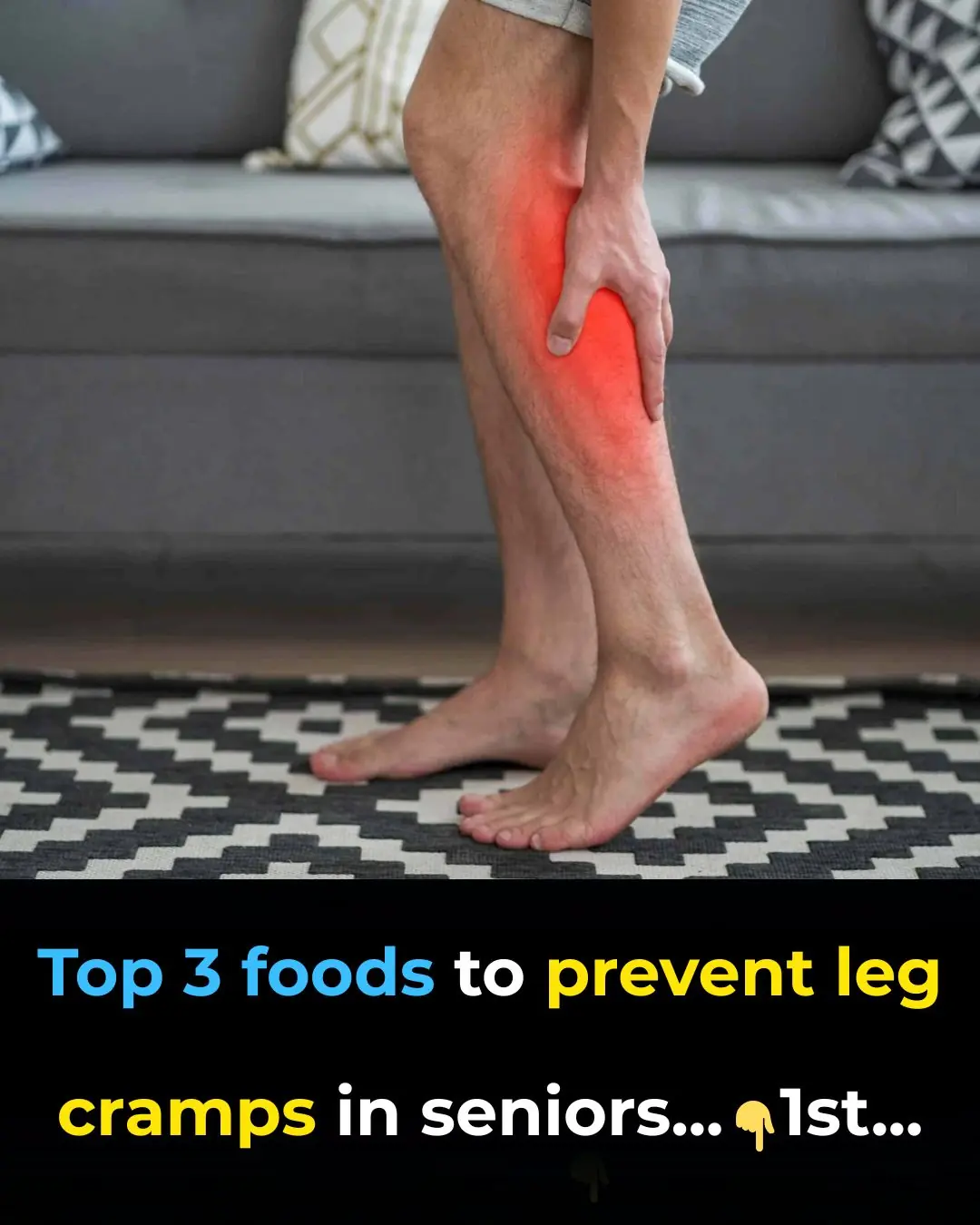
Top 3 Foods to Prevent Leg Cramps in Seniors: Strengthen Your Legs Naturally!
News Post

5 Estrogen-Rich Foods Women Should Eat for Hormonal Balance & Radiant Skin

2 Handfuls of Cashews is The Therapeutic Equivalent of a Prescription Dose of Prozac

Lower blood sugar naturally by training just 2 leg muscles

Forget aspirin—this everyday fruit can help protect you from stroke and heart attack

The Powerful Medicinal Benefits and Uses of Senna alata

The Real Power of Dandelion Is in the Root
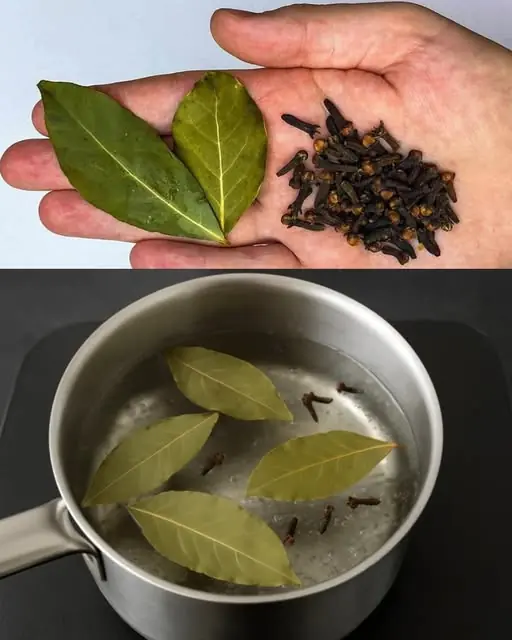
The Surprising Benefits of Boiled Bay Leaves and Cloves: A Natural Elixir for Wellness

Preventing Stroke At Any Age: 3 “Don’ts” After Meals—And 4 “Don’ts” Before Bed

People whose mouths feel dry when sleeping at night need to know these 8 reasons

Ariana Grande gives shocking update on music career after ‘Wicked: For Good’

Controversial I'm A Celeb star Ruby Wax's changing face

MAFS UK's Abi issues emotional relationship status update

The “Hand of God” Technique: How a Simple Gesture Brought Humanity Back Into Isolated Hospital Rooms

Ant McPartlin's tattoos explained – from meaningful inking to poignant tribute
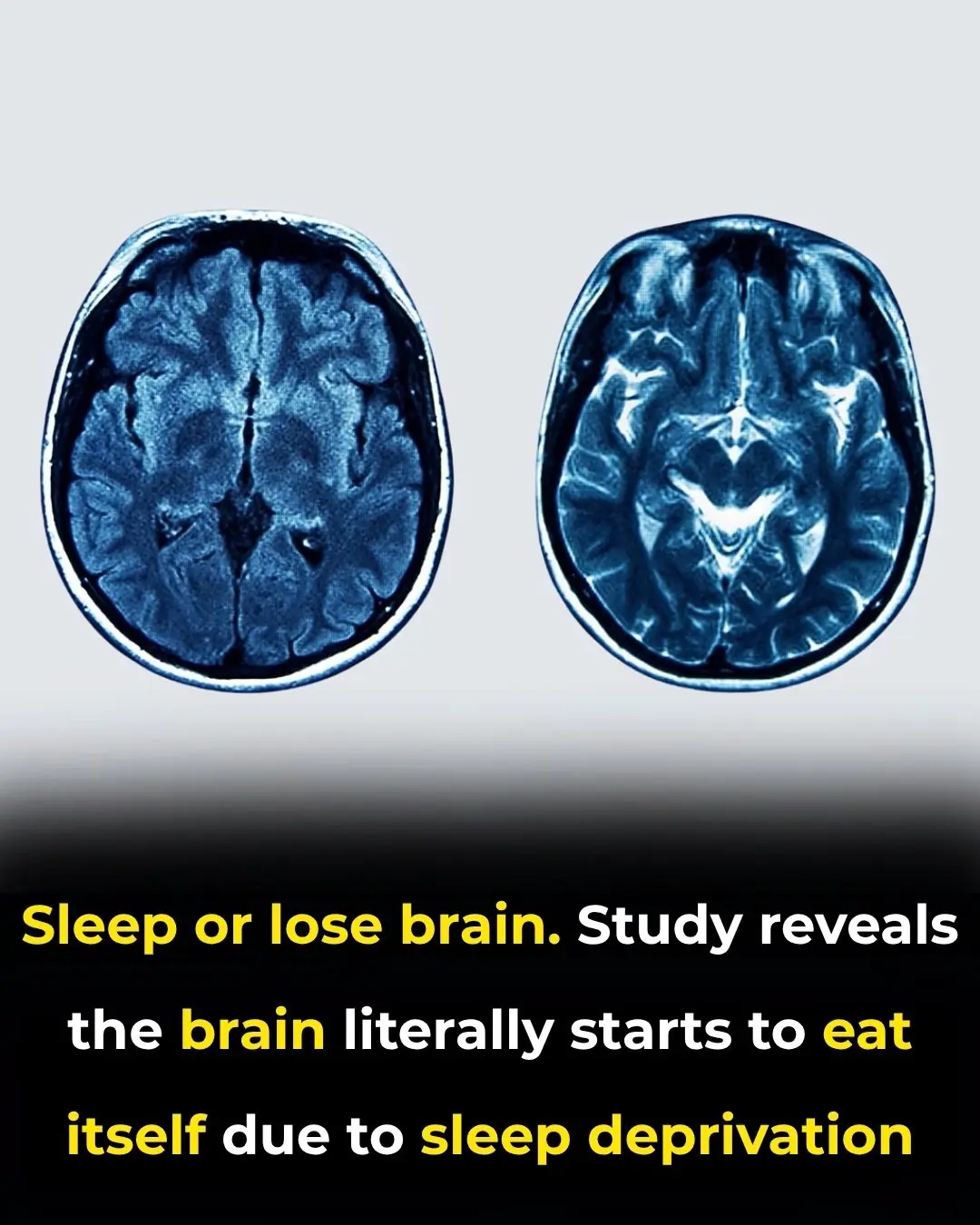
When the Brain Begins to Consume Itself: The Hidden Costs of Chronic Sleep Loss
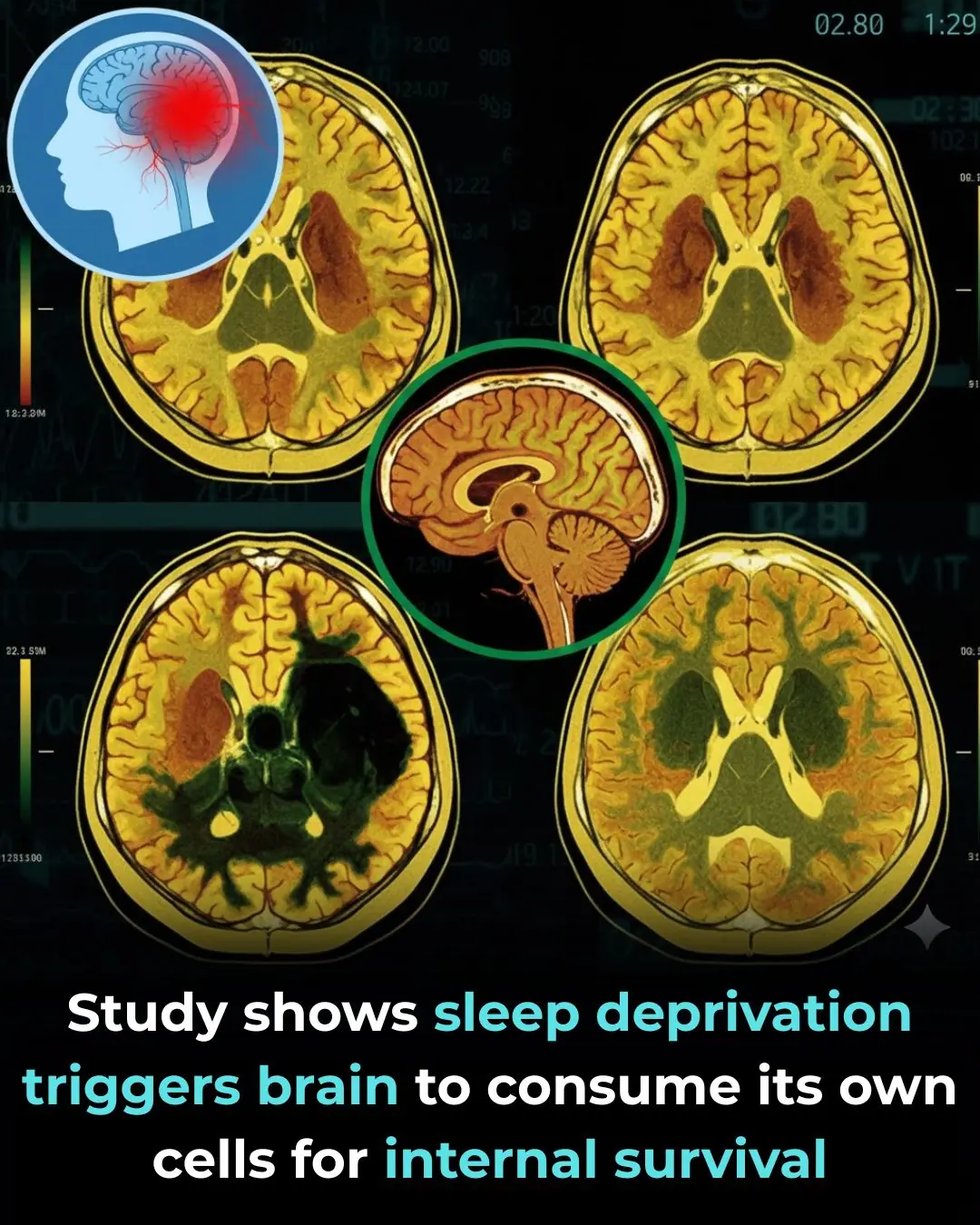
When the Brain Eats Itself: The Hidden Damage Caused by Lack of Sleep

From Self-Marriage to Self-Divorce: Suellen Carey’s Viral Journey of Self-Love

Kerry Katona undergoes corrective boob surgery as she gushes over beau Paolo's support
